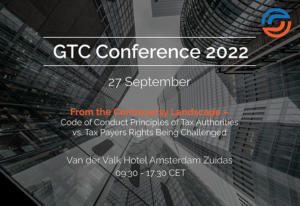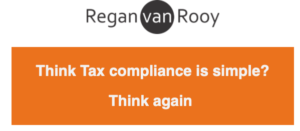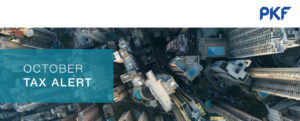MM Zambia Limited v. Zambia Revenue Authority (2014/HP/0100) in the High Court for Zambia, Holden at Lusaka, before the Honourable Mr. Justice C.F.R. Mchenga S.C.
The matter was an urgent judicial review on the grounds of illegality and unreasonableness sought by the Applicant (MM) against the Respondent (ZRA) seeking to overturn the ZRA’s decision to refuse to allow MM to export about USD$55m moveable mining equipment to a new project in South Africa, until MM had paid the assessed tax due to the ZRA. MM had offered to pay USD$4m in cash with a bank guarantee of USD$12m to secure any debt due to the ZRA pending the finalisation of the ongoing tax audit and any future objection and appeal process. Both parties acknowledged before the judge that the tax liability would not exceed USD$16m, the approximate tax due to the ZRA after its second revised assessment reducing the assessment down from an initial assessment of an approximate USD$120m.
It was argued by MM’s legal representatives that the ZRA’s decision to block the removal of its moveable mining assets to a new project in South Africa was illegal as there was no basis for the refusal under the law. MM was allowed by sections 47, 48 and 49 of the Customs and Excise Act to export the mining equipment out of Zambia. It was also submitted that there was no provision under the Income Tax Act that allowed the ZRA to place restrictions on moving the mining equipment. It was also argued by MM’s legal representatives that sections 79, 79A and 79B of the Income Tax Act made adequate provisions for legal means for the ZRA to recover the assessed taxes. None of these provisions had been envoked by the ZRA. The same arguments were raised in respect of sections 22, 23 and 26 of the VAT Act.
The ZRA argued that when an assessment is raised under section 77(4) of the Income Tax Act payment is due on the day the assessment is made. Furthermore, the modes of recovery of taxes cited by MM for the recovery of the assessed tax was not the only way monies that are due can be recovered. They argued that they had not acted outside the law. ZRA argued that at the time they made the decision to stop MM from exporting the mining equipment, MM had made no effort to settle the tax amount due. To secure the tax revenue due to the Government, the ZRA refused to allow the mining equipment to leave Zambia, as MM was winding up its operations in Zambia. This being the motivation of the actions of the ZRA, it couldn’t be said to be unreasonable.
NOTE: It should be noted MM is a Zambian Company that was not winding down its operation in Zambia. It had successfully participated in another mining project in South Africa.
The Court held that on the evidence before it, it found that ZRA’s decision to stop MM from exporting the mining equipment was not based on the express tax payment execution provisions in the Income Tax Act and the VAT Act. The court also found that the ZRA had not seized the mining equipment, so the Zambia Constitution guarantee against arbitrary seizing of property did not apply.
The Court found that the latest assessment was a final assessment and the tax was due and payable by MM, despite the ongoing audit and negotiations.
The Court found that the express collection procedures in the Income Tax Act and the VAT Act are not the only enforcement options available to the ZRA. It sets them out as options.
The Court found that the ZRA neither acted illegally or unreasonably, despite MM offering payment and security for payment of the ‘final’ tax assessment.
The court ordered in favour of the ZRA.
COMMENTARY
Here the question of the rule of law becomes prevalent. It appears the court accepted that the ZRA had inherent powers not expressly set out in legislation.
It is remarkable that the Court has in effect accepted and recognised that the ZRA can act outside express legislated powers. This is clearly contrary to the rule of law and an act by the Court to extend the powers of the ZRA beyond specific legislated provisions. It is no wonder Zambia ranks number 77 on the world-wide rule of law rankings.
A full copy of the redacted judgment is available from daniel@taxriskmanagement.com.
Dr. Daniel N. Erasmus Esq. BA (Wits) Bproc (UNISA) H Dip Tax Law (Wits) Ph.D law (KwaZulu-Natal), is a practising international tax attorney, www.TaxRiskManagement.com, and adjunct Professor of International Tax Law at Thomas Jefferson School of Law, San Diego, CA, USA and it’s Africa partner http://www.IITF.net.








